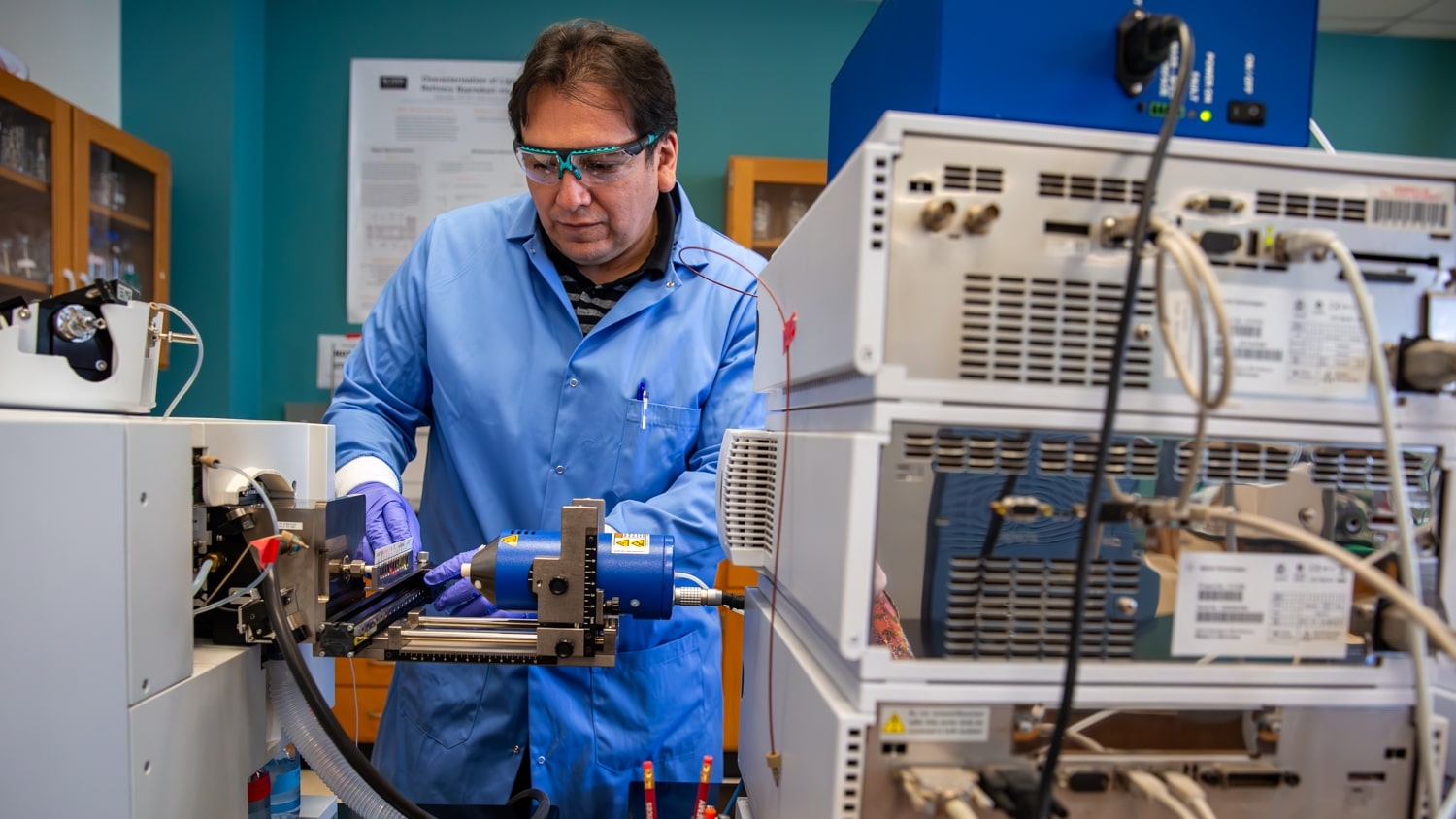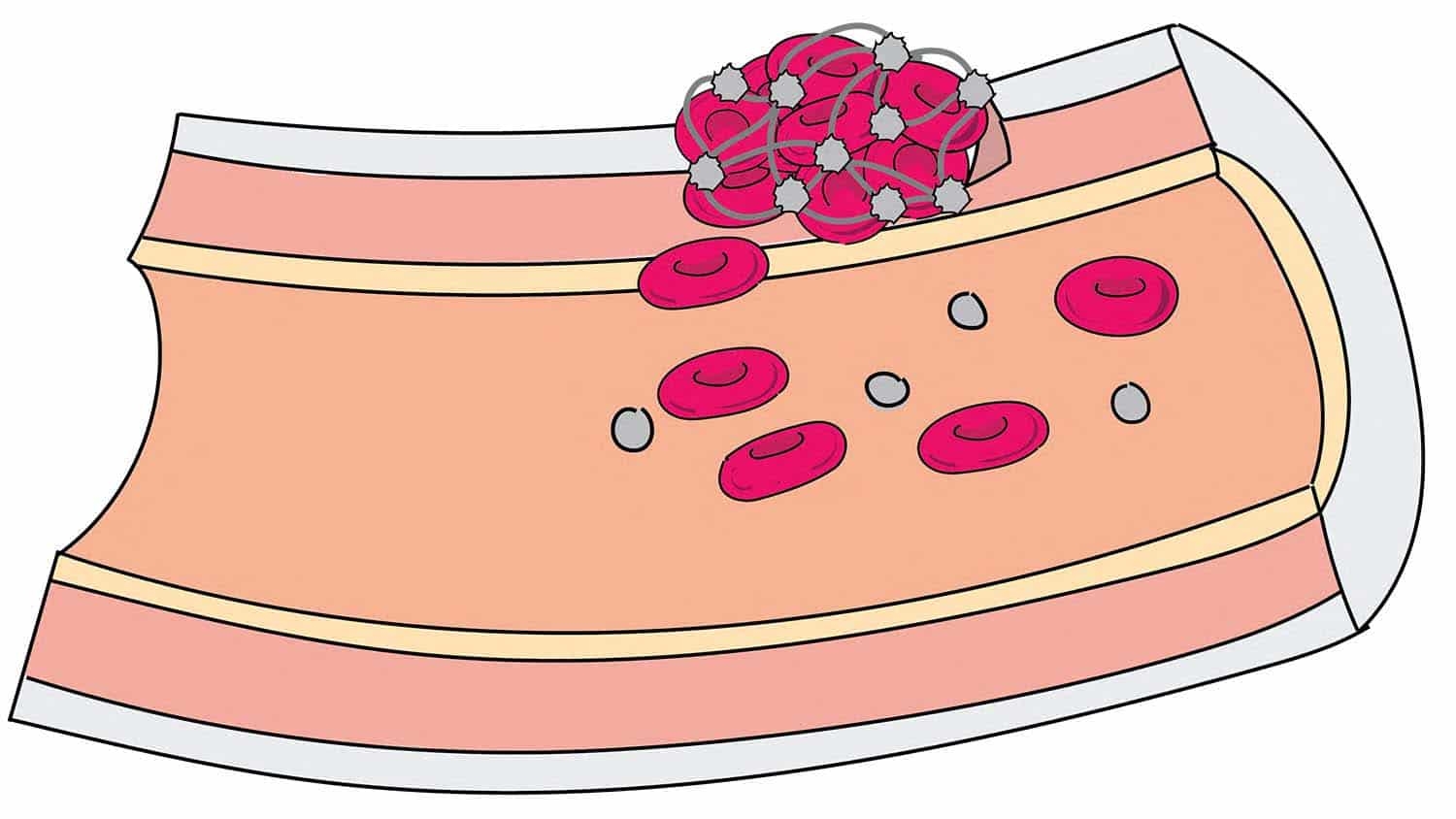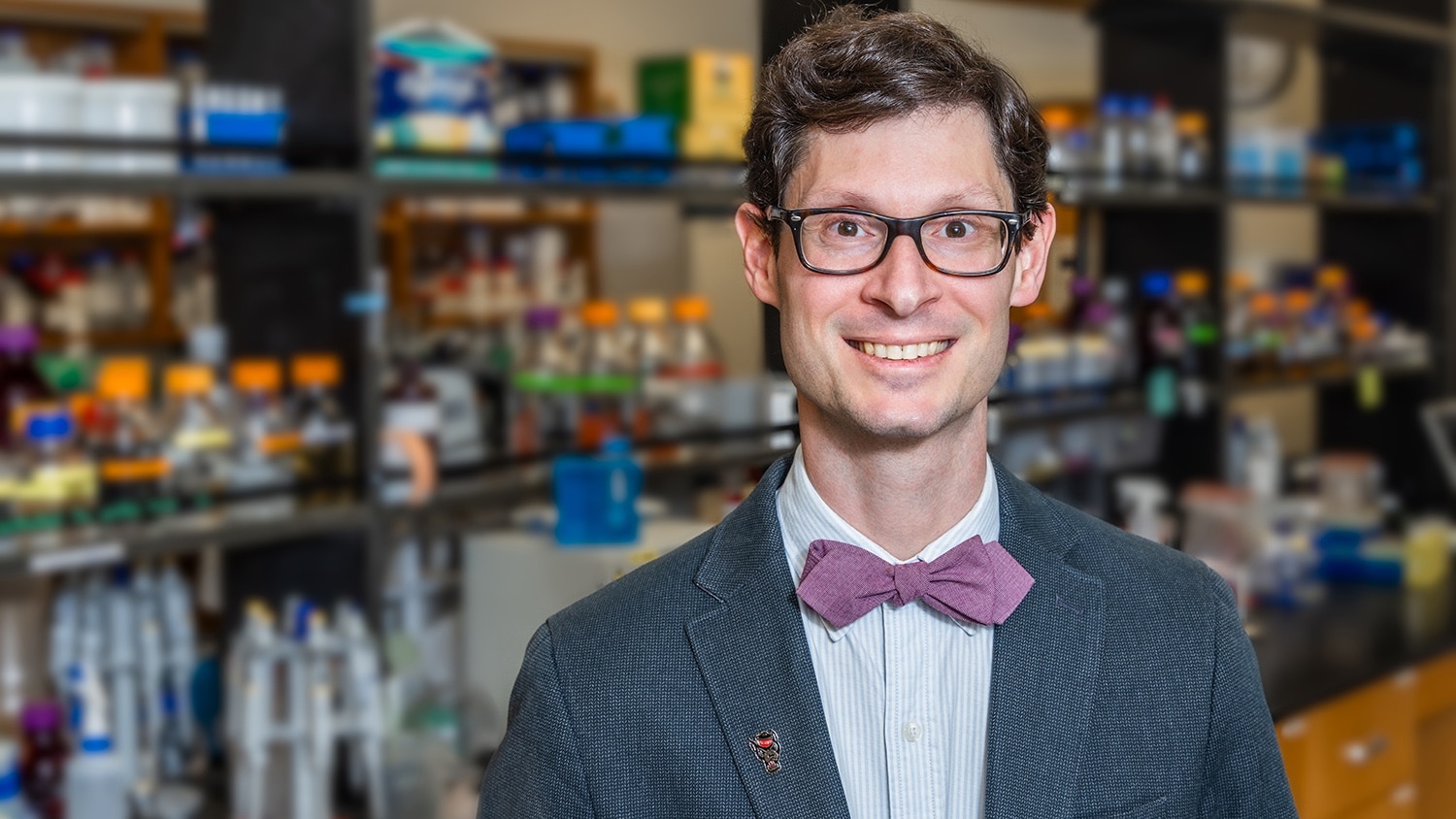NC State plays leading role in new NSF soft matter research center

North Carolina State University will play a leading role in a new multi-university center that will focus on soft matter research, a branch of materials science with almost limitless practical applications, from organic solar cells to tissue implants to new classes of drugs.
Recognizing that some of the leading scientists and engineers involved in soft matter research are located in the Research Triangle area, the National Science Foundation has provided a six-year, $13.6 million grant to establish the center.
NC State is expected to receive about $4 million of the center funding. The initiative also involves researchers from Duke University, the University of North Carolina at Chapel Hill and North Carolina Central University.
In general terms, soft matter describes such states of matter as foams, gels, polymers or emulsions. They are typically created by combining smaller particles – such as DNA, proteins, nanoparticles – to form larger structures with novel properties. The researchers involved in this project will not only investigate how and why these particles assemble in certain ways, but also how this assembly can be manipulated to achieve soft matter with defined characteristics.
The new initiative will be known as the Triangle Materials Research Science and Engineering Center (MRSEC). The center joins a network of university centers across the country, each of which has a specific focus on a cutting edge area of materials science.
Dr. Carol Hall, Camille Dreyfus Distinguished University Professor of Chemical and Biomolecular Engineering at NC State, serves as co-principal investigator for the center.
“This center is the remarkable result of a convergence of ideas from some of the world’s leading soft matter experts at universities right here in the Triangle,” Hall said. “Working together, this diverse group will develop new materials that help solve some of humanity’s most challenging problems while jump-starting the careers of the next generation of soft matter researchers and entrepreneurs.”
Dr. Gabriel López, professor of biomedical engineering, mechanical engineering and materials science at Duke, is the center’s principal investigator.
“The fundamental understanding, design and application of these new types of materials will have implications across diverse fields of science, technology and medicine,” López said. “We plan to turn these findings into practical realities through relationships with existing companies as well as start-up companies likely to arise from the research.”
The Triangle MRSEC will follow two main research thrusts, each led by a senior faculty member at NC State and Duke. The Triangle researchers working on these thrusts will collaborate with scientists from Europe and Asia, as well as the National Institute of Standards and Technology and several other institutions across the country.
The first thrust, led by Dr. Orlin Velev, INVISTA Professor of Chemical and Biomolecular Engineering at NC State, will explore in detail how small particles – known as colloids – combine in liquid, and furthermore, what kinds of strategies can be employed to control how these assembling particles form new materials with unique properties and functions.
The second thrust, led by Dr. Ashutosh Chilkoti, Theo Pilkington Professor of Biomedical Engineering at Duke, aims to create a “syntax” with building blocks made up of polymers, DNA and proteins that can assemble into nano-scale structures. Just as letters make up words, and words make up sentences, these scientists plan to create a library of useful building blocks — letters and words — from which larger structures — sentences — can be built. Dr. Michael Rubinstein, the John P. Barker Distinguished Professor of Chemistry at UNC-Chapel Hill, will be developing the theory of polymer self-assembly.
An integral part of the new MRSEC is the development of young faculty members, who can apply for “seed” funding for their research ideas. Two such projects have already been funded: one involving NC Central faculty and students developing ways of changing the structure and properties of polymers and gels using heat, electricity and mechanical force; and another involving faculty from Duke and NC State looking into the potential of novel soft materials as that can be used as electrically driven mechanical actuators.
In addition to the broad range of scientific pursuits, the Triangle MRSEC will provide educational opportunities for undergraduates, graduate students and post-doctoral fellows at each of the institutions to foster their interest in soft matter research. An outreach program is also planned to help interest pre-college students in pursuing careers in the sciences.
- Categories:


